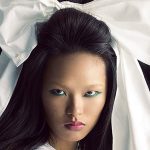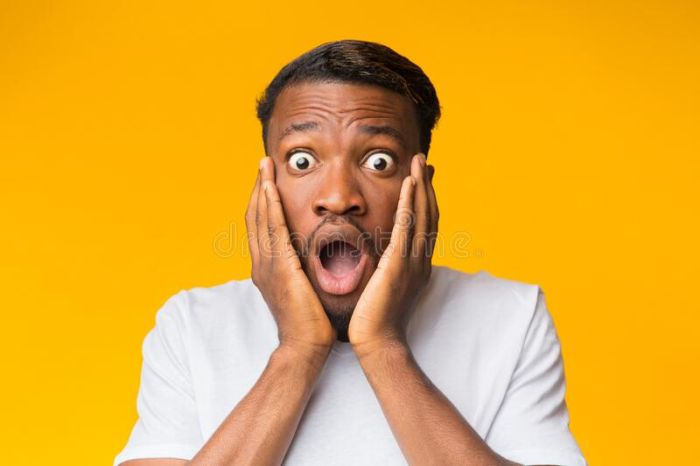

Nigeria is a diverse nation with a rich tapestry of ethnic groups and languages.
While many people are familiar with the major ethnic groups like Igbo, Hausa, and Yoruba, there are several states that are commonly mistaken for being predominantly Hausa-speaking due to regional misconceptions.
In this blog post, we will explore five Nigerian states that have their own unique languages and cultures, shedding light on the linguistic diversity within the nation.
![]()
1. Adamawa:
Located in the North Eastern region of Nigeria, Adamawa is one of the largest states in the country.
Despite being mistakenly associated with the Hausa language, it has a significant Christian population along with many Muslims. The most widely spoken language in Adamawa is Fulfulde, but there are also numerous other languages spoken by various ethnic groups.
![]()
2. Kaduna:
Known for its historical significance and diverse population, Kaduna is often misattributed as a Hausa-speaking state. The name “Kaduna” is believed to have originated from the Hausa word for crocodile, but other explanations suggest it comes from the Gbagyi word “Odna.”

With around 59 to 63 different ethnic groups residing here, including Bajju, Kataf, and Gbagyi-Gbari, Kaduna boasts a rich linguistic and cultural tapestry.
![]()
3. Plateau:
Located close to the center of Nigeria, Plateau State is characterized by its picturesque hills surrounding the Jos Plateau.
With over 40 ethnic groups, including Berom, Afizere, Amo, Anaguta, and more, Plateau is a melting pot of languages and cultures, making it distinct from the Hausa-speaking regions.
![]()
4. Kogi:
Nestled in the North Central part of Nigeria, Kogi State stands apart with its unique linguistic diversity.
Often mistaken for its name derived from the Hausa word for river, Kogi is actually home to several languages, including Yoruba, Igala, Ebira, Nupe, Kakanda, Kupa, Bassa Nge, and Basa Komu. This confluence of languages reflects the richness of Kogi’s heritage.
![]()
5. Bauchi:
As the fifth-largest state in Nigeria, Bauchi is located in the North Eastern political zone. Contrary to popular belief, it is not exclusively Hausa-speaking.
With 55 different ethnic groups, including Hausa, Fulani, Gerawa, Sayawa, and more, Bauchi celebrates a plethora of languages and cultures that contribute to its unique identity.
Which Among Them Have You Been To?
Drop your comment below

Follow NL on Social Media
Telegram
Tiktok











